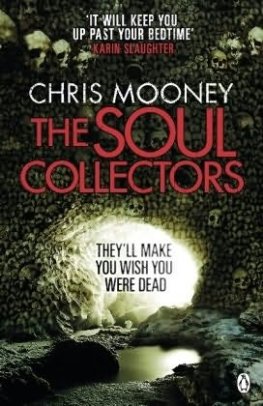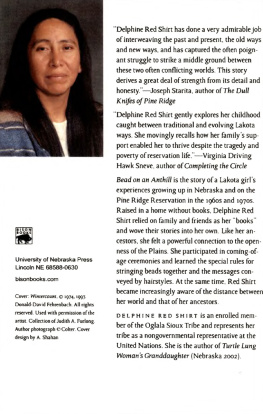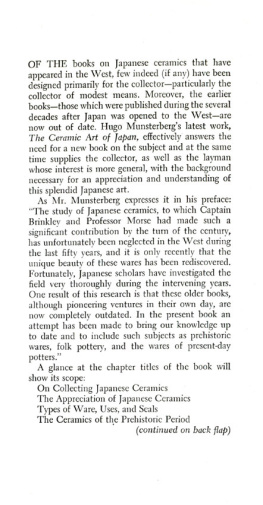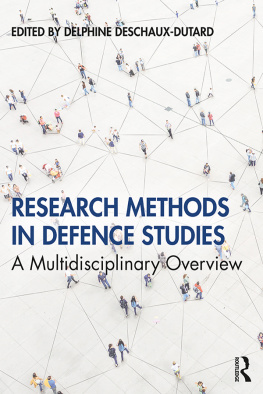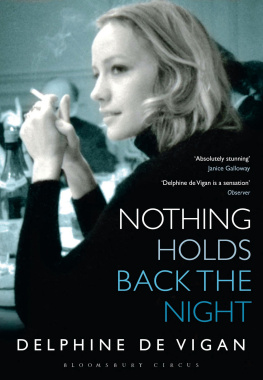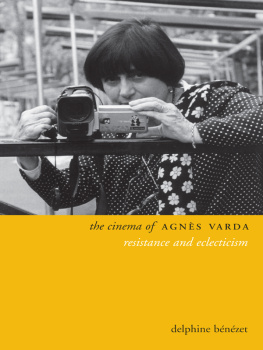Delphine Minoui - The Book Collectors
Here you can read online Delphine Minoui - The Book Collectors full text of the book (entire story) in english for free. Download pdf and epub, get meaning, cover and reviews about this ebook. publisher: Farrar, Straus and Giroux, genre: Detective and thriller. Description of the work, (preface) as well as reviews are available. Best literature library LitArk.com created for fans of good reading and offers a wide selection of genres:
Romance novel
Science fiction
Adventure
Detective
Science
History
Home and family
Prose
Art
Politics
Computer
Non-fiction
Religion
Business
Children
Humor
Choose a favorite category and find really read worthwhile books. Enjoy immersion in the world of imagination, feel the emotions of the characters or learn something new for yourself, make an fascinating discovery.

- Book:The Book Collectors
- Author:
- Publisher:Farrar, Straus and Giroux
- Genre:
- Rating:5 / 5
- Favourites:Add to favourites
- Your mark:
- 100
- 1
- 2
- 3
- 4
- 5
The Book Collectors: summary, description and annotation
We offer to read an annotation, description, summary or preface (depends on what the author of the book "The Book Collectors" wrote himself). If you haven't found the necessary information about the book — write in the comments, we will try to find it.
The Book Collectors — read online for free the complete book (whole text) full work
Below is the text of the book, divided by pages. System saving the place of the last page read, allows you to conveniently read the book "The Book Collectors" online for free, without having to search again every time where you left off. Put a bookmark, and you can go to the page where you finished reading at any time.
Font size:
Interval:
Bookmark:
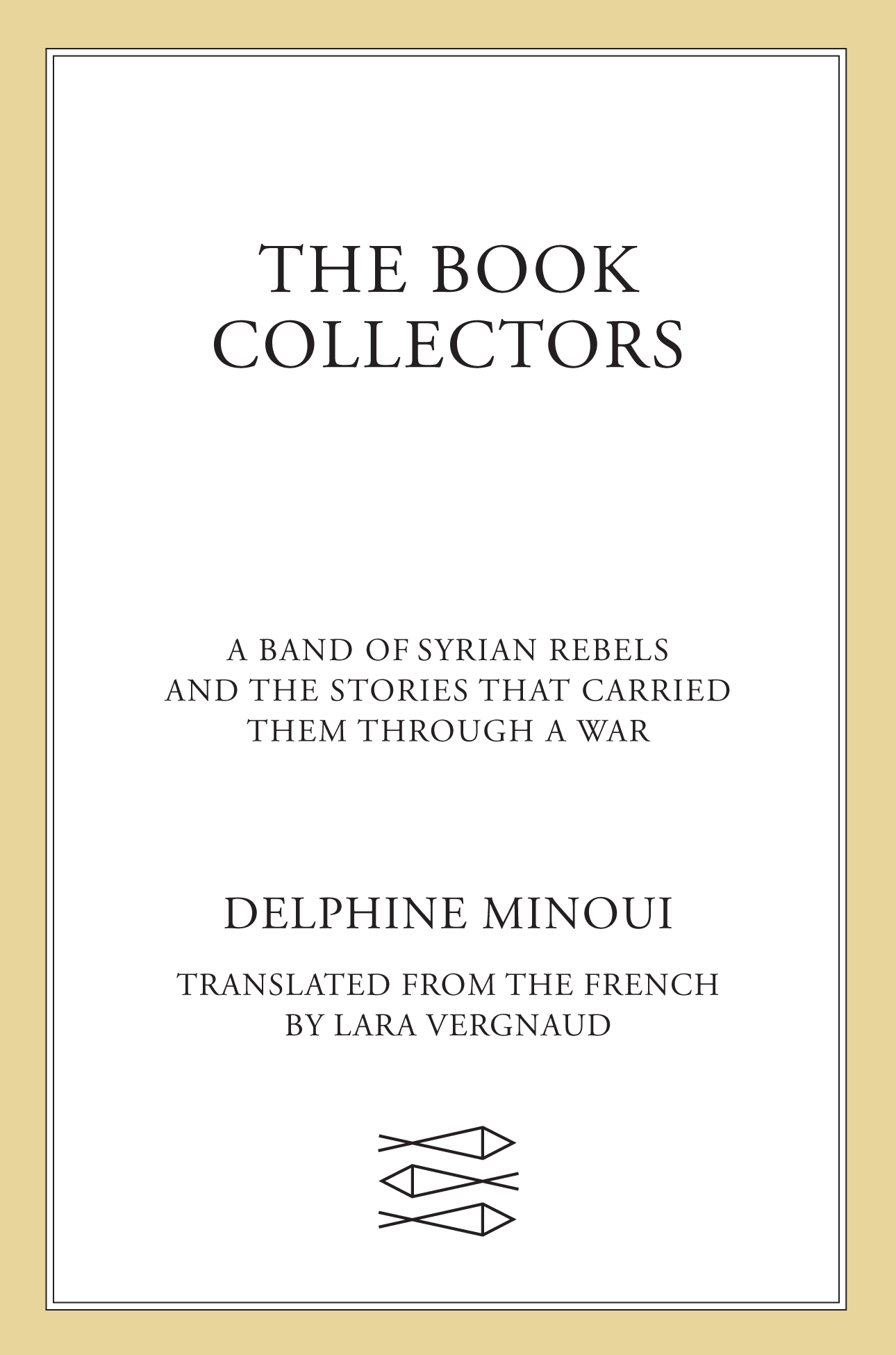
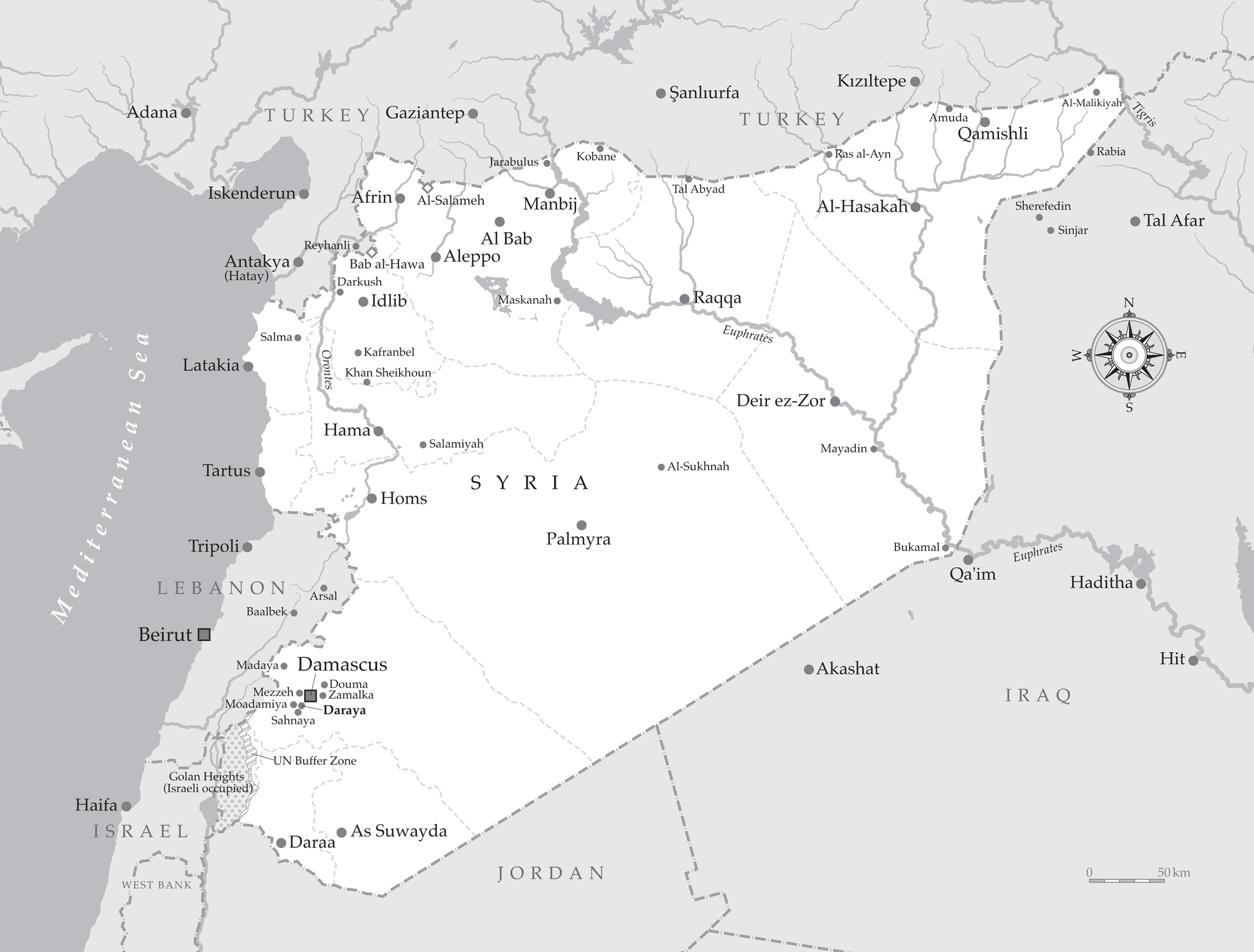

The author and publisher have provided this e-book to you for your personal use only. You may not make this e-book publicly available in any way. Copyright infringement is against the law. If you believe the copy of this e-book you are reading infringes on the authors copyright, please notify the publisher at: us.macmillanusa.com/piracy.
There is no jail that can imprison the free word, nor is there a siege tight enough to prevent the spread of information.
MAZEN DARWISH, Syrian human rights activist, in a speech given on April 23, 2016, following his release from jail in 2015
Istanbul, October 15, 2015
Its a remarkable image. A mysterious photo that somehow escaped the hell that is Syria without a trace of blood or bullets. Two men in profile, surrounded by walls of books. The first one leans over a text, open to the middle. The second scans a shelf. Theyre young, in their twenties, one sporting a hooded sweatshirt, the other with a baseball hat secured firmly on his head. Artificial light frames their faces in an enclosed, windowless room, emphasizing the unexpectedness of the scene. A fragile parenthesis in the midst of war.
The photo fascinates me. I came across it by chance on Facebook, on the page kept by Humans of Syria, a collective of photographers. I read the caption: the secret library of Daraya. I repeat it out loud: secret library of Da-ra-ya. The three syllables crash into one another. Daraya, the rebel. Daraya, the besieged. Daraya, the starved. Ive readand writtena great deal about this suburb of Damascus, one of the cradles of 2011s peaceful uprising. Since 2012, it has been surrounded and blasted by Bashar al-Assads forces. The idea that these young readers are hidden in an underground basement as bombs explode above their heads arouses my curiosity.
Whats the story behind this picture? Whats the hidden angle? The image haunts me, drawing me like a magnet to an inaccessible place: Syria has become too dangerous a destination. It takes me several calls on Skype and WhatsApp to track down the photographer, Ahmad Muaddamani. Ahmad is one of the cofounders of this secret haven. Through a spotty internet connection, their sole portal to the outside world, he tells me of his devastated cityhouses in ruin, fire and dust, and amid the tumult, thousands of books saved from the rubble and reassembled in a refuge accessible to all of Darayas residents. He spends hours explaining this project to save their cultural heritage, born from the ashes of a town that wont yield. He tells me about the incessant bombing. The empty stomachs. The soups made of leaves to stave off starvation. The voracious reading to nourish the mind. The library is their hidden fortress against the bombs. Books are their weapons of mass instruction.
His story is riveting. It rings out like an ode to peace that Syrias leader is hell-bent on muffling. An underground chorus that the jihadists of Daesh want to eradicate. A new voice that sprang from loudspeakers at the early demonstrations of the antiregime uprising, and was nearly muted by the ongoing conflict. This unheard account of their revolution whispers: write me down.
It is a perilous undertaking. How can you describe something you cant see, that you havent lived? How do you avoid falling into the trap of misinformation, knowing Assad is not the only one spreading it? Aside from the books they are reading, what kinds of ideas do these young men entertain? Are they really jihadists, as the regime would have us believe? Or mere rebels who refuse to surrender? In Istanbul, I calculate the distance separating me from Daraya: 932 miles. I study the myriad ways to get there. But theres no point. Since my last trip to Damascus in 2010, when I was living in Beirut, Ive been unable to get another press visa to access the Syrian capital. Even if I could get to Damascus, how would I reach the trapped suburb? This fall, even the United Nations was prevented from penetrating the barricades, failing in its attempts to send any humanitarian aid. Is there a tunnel, a back road, a secret path? On the other end of the line, Ahmad confirms that every usual route is blocked. All thats left is the breach through Moadamiya, a neighboring town, used only by the most daring. Such a crossing happens at night, at the mercy of snipers.
But should the story of Daraya be buried simply because we cant see past the wall erected by Assad? Should we settle for being passive witnesses to the incomparable barbarism unfolding live on our television sets?
If we look at this city only as it appears on a computer screen, we risk getting the story wrong. But looking away would condemn it to silence. Bashar al-Assad wanted to put Daraya in parentheses, to make it a footnote. I intend to make it the headline. To find other images, to fit them together with that first snapshot, the way you assemble the pieces of a puzzle.
A few days later, I call Ahmad to tell him my plan, anxious to hear his response.
At first, theres a long silence at the other end of the Skype connection.
I repeat my request: Id like to write a book about the library in Daraya.
A metallic clamor chokes the line. Another night full of this constant terror and dangerhow ridiculous this project must seem to him. When the rain of bombs ends, his voice breaks through. Ahlan wa sahlan! Be my guest.
Hearing his enthusiasm, I smile at my screen. Ahmad will be my guide. I will be his willing scribe.
I make him a promise: one day, this booktheir bookwill join the other volumes in the library. It will be the living diary of Daraya.
At first Ahmad is a distant voice coming through my computer speakers. A fragile whisper from a hidden basement. When I first make contact with him on Skype, on October 15, 2015, he hasnt left Daraya in nearly three years. Located fewer than five miles from Damascus, his town is a sarcophagus, surrounded and starved by the regime. He is one of twelve thousand survivors. In the beginning, I struggle to understand what he is saying. He mumbles, timid but keyed up, his words broken by the omnipresent crackling of explosions. Between detonations, I try to focus on his face. He appears on my computer screen, then disappears, at the mercy of an internet connection patched together from small satellite dishes smuggled from abroad in the early days of the revolution.
His image stretches and deforms like a Picasso portrait: round cheeks slant at an angle under black-rimmed glasses before breaking into a million cubic pieces and fading behind a thick black curtain. When the pixels come back together, I listen carefully and try to read his lips, chewing on my pencil.
He introduces himself. Ahmad, twenty-three years old, born in Daraya, one of eight children in his family. Before the revolution, he studied civil engineering at Damascus University. Before the revolution, he liked soccer, movies, and being around plants in his familys nursery. Before the revolution, he dreamed of becoming a journalist. His father quickly dissuaded him from the idea, having himself spent twelve months in prison for a simple remark whispered to a friend. Insult to power, the court had ruled. That was 2003, when Ahmad was eleven. A somber memory that had burrowed deep inside him.
Font size:
Interval:
Bookmark:
Similar books «The Book Collectors»
Look at similar books to The Book Collectors. We have selected literature similar in name and meaning in the hope of providing readers with more options to find new, interesting, not yet read works.
Discussion, reviews of the book The Book Collectors and just readers' own opinions. Leave your comments, write what you think about the work, its meaning or the main characters. Specify what exactly you liked and what you didn't like, and why you think so.

